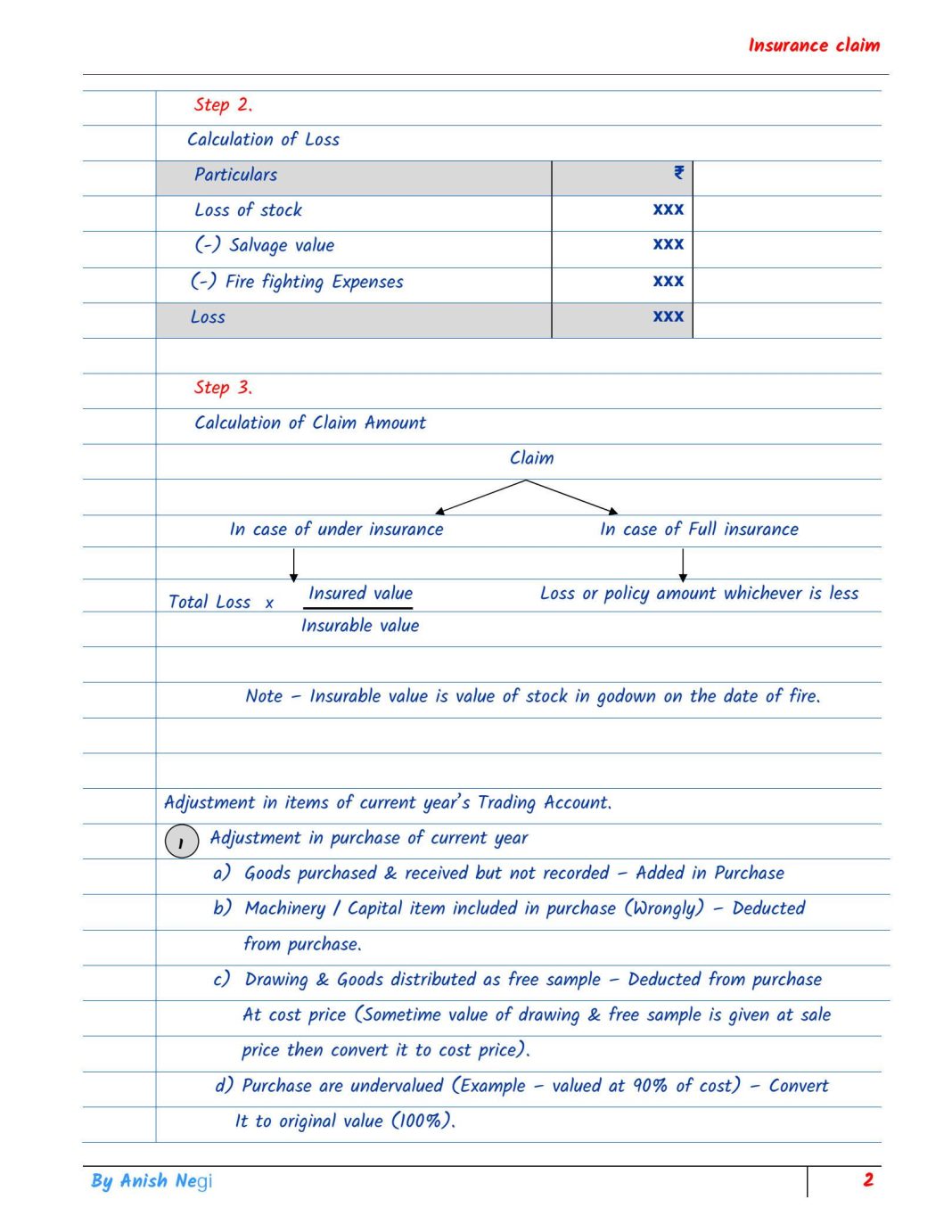Navigating the aftermath of an incident that warrants an insurance claim can often feel overwhelming, particularly when it comes to understanding the true value of your claim. Whether you’ve experienced property damage, a car accident, or a health-related event, calculating the value of your insurance claim is a crucial step in ensuring you receive the compensation you’re entitled to. This comprehensive guide will equip you with the knowledge and tools necessary to accurately assess your claim’s worth. By demystifying the process and highlighting key factors such as policy limits, deductibles, and applicable laws, we aim to empower you to advocate for yourself effectively in the often complex world of insurance claims. Whether you’re a seasoned policyholder or new to the process, this article will provide the authoritative guidance needed to navigate your claim with confidence and precision.
Understanding the Basics of Insurance Claim Valuation
Grasping the fundamentals of claim valuation is crucial for navigating the often complex landscape of insurance settlements. Insurance claim valuation is the process of determining the financial worth of your claim, and it involves several critical components. Key factors to consider include the type of policy you hold, the specifics of your coverage, and the nature of the damage or loss. It’s essential to meticulously document all aspects of your claim, as this documentation forms the backbone of your valuation process.
To accurately assess the value of your claim, focus on the following aspects:
- Review Your Policy: Understand the limits, exclusions, and deductibles associated with your coverage.
- Document Everything: Keep detailed records of damages, including photos, receipts, and repair estimates.
- Consider Depreciation: Factor in the age and condition of the damaged items to understand how depreciation might affect your claim.
- Consult with Experts: In some cases, seeking professional appraisals or advice can provide clarity and ensure an accurate valuation.
By taking these steps, you can build a robust case for your claim and maximize the potential settlement amount. Remember, knowledge and preparation are your strongest allies in the insurance claim process.
Key Factors Influencing Your Insurance Claims Worth
Understanding the dynamics that shape the value of your insurance claim is crucial for ensuring you receive a fair settlement. Several key factors play a pivotal role in this process. Primarily, the type and extent of damage or loss sustained directly influence the claim’s worth. Whether it’s a minor car dent or a significant property loss, the severity determines the compensation amount. Additionally, the policy terms and coverage limits you’ve selected will either expand or restrict your claim’s potential payout. It’s essential to know your policy’s nuances to avoid unexpected surprises.
Moreover, the documentation and evidence you provide can significantly impact the claim’s evaluation. Insurers require comprehensive proof, such as photographs, receipts, and witness statements, to substantiate your claim. Timeliness also matters; delays in reporting the incident can lead to decreased compensation or even denial. Other influencing factors include:
- Deductibles: The amount you’re responsible for before insurance coverage kicks in.
- Depreciation: The reduction in value of the insured item over time.
- Comparative Negligence: If you share fault in the incident, your claim might be reduced.
In navigating these elements, maintaining clear communication with your insurer and understanding your policy thoroughly will empower you to maximize your claim’s potential.

Step-by-Step Guide to Accurately Estimating Your Claim
To accurately estimate your insurance claim, it’s essential to follow a meticulous approach that ensures no detail is overlooked. Start by gathering all relevant documentation, including receipts, invoices, and any previous communications with your insurance company. This will provide a solid foundation for your estimate. Next, assess the damage: thoroughly inspect and document the affected items or areas. Take clear, high-resolution photos or videos to support your claim. This visual evidence can be crucial during the evaluation process.
- Document Everything: Keep a detailed record of all interactions with insurance representatives, including dates, names, and key discussion points.
- Calculate Replacement Costs: Determine the current market value of the damaged items, considering depreciation where applicable. Use online resources or consult with professionals for accurate valuations.
- Consider Additional Expenses: Factor in any temporary living costs, transportation, or other unforeseen expenses resulting from the incident.
By following these steps, you ensure that your claim is backed by comprehensive evidence and precise calculations, increasing the likelihood of a favorable outcome.

Expert Tips for Maximizing Your Insurance Claim Settlement
Unlocking the full potential of your insurance claim requires a strategic approach. Here are some expert tips to ensure you receive the settlement you deserve:
- Document Everything: From the moment an incident occurs, maintain a detailed record. This includes photos, receipts, and any relevant correspondence. Proper documentation serves as solid evidence, bolstering your claim.
- Understand Your Policy: Familiarize yourself with the terms and conditions of your insurance policy. Knowledge of coverage limits and exclusions is crucial in setting realistic expectations for your settlement.
- Seek Professional Appraisal: Enlist the help of an independent appraiser to assess the value of your loss. An expert opinion can be pivotal in negotiations, particularly if the insurer’s offer seems insufficient.
- Negotiate Wisely: Approach negotiations with a clear understanding of your claim’s value. Present your evidence confidently and be prepared to counter any lowball offers with justified reasoning.
- Consider Legal Advice: If disputes arise, consulting with an attorney specializing in insurance claims can provide invaluable guidance and support.

